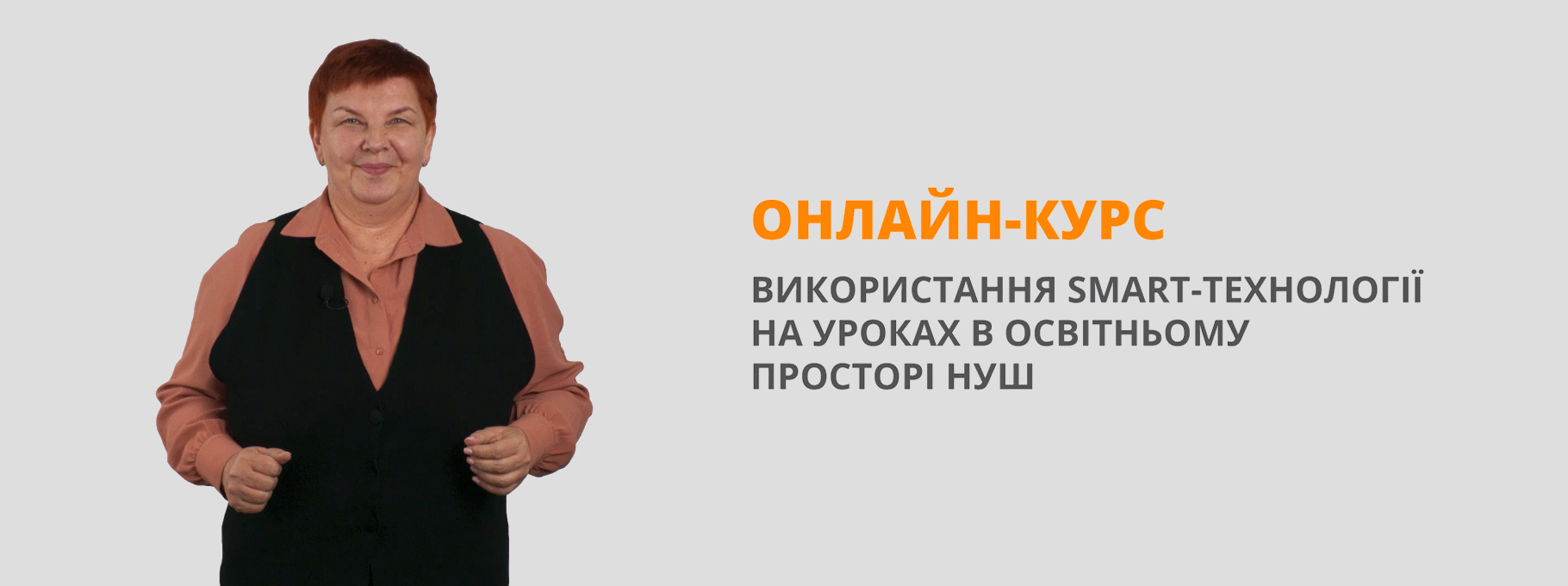Презентація " Using Games at the Lessons according to the Learning Styles of Pupils"
Про матеріал
Матеріал презентації містить методичні рекомендації щодо використання ігор на уроках, з метою залучення учнів всіх типів сприйняття інформації( візуалів, аудіалів та кінестетиків ).
Перегляд файлу
Зміст слайдів
pptx
Оцінка розробки

Безкоштовний сертифікат
про публікацію авторської розробки
про публікацію авторської розробки
Щоб отримати, додайте розробку
Додати розробку




































